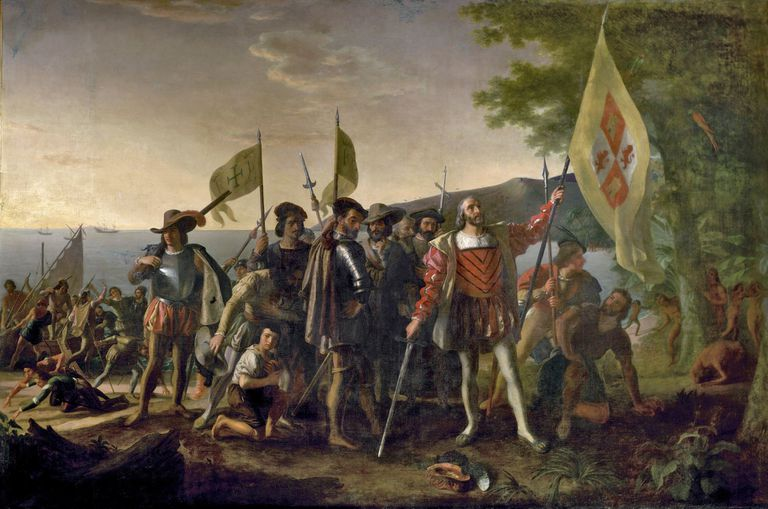Colonial legacy plays a critical role in shaping the history and current realities of Atlantic bordering nations. Indeed, the patterns of governance, economic structures, and cultural dynamics have roots tracing back to colonial rule. This legacy, therefore, influences social inequalities, political systems, and international relationships today. To understand these connections, one must examine how colonial powers imposed their control, extracted resources, and influenced local populations. Moreover, the long-term effects continue to affect development paths and identity formation across the region. Consequently, awareness of this history is essential for addressing contemporary challenges and fostering reconciliation efforts.
Colonial Legacy and Economic Structures in Atlantic Bordering Nations
The economic foundations of many Atlantic bordering nations stem from colonial exploitation. For instance, colonial administrations established trade networks focused on resource extraction, which prioritized the interests of imperial powers. Plantation agriculture, mining, and port activities became central, generating wealth often concentrated in the hands of colonial elites. Even after independence, these economies struggled to diversify and remained dependent on commodity exports and foreign investment. Additionally, the uneven distribution of land and capital perpetuated poverty and social stratification. As a result, this economic framework often limited opportunities for local populations, reinforcing cycles of inequality. Therefore, economic reforms must consider these historical imbalances to promote sustainable growth.
Political and Social Dimensions of the Colonial Legacy
Political institutions in the region reflect colonial administrative models, with some governance systems maintaining centralized power structures and legal frameworks introduced by colonial rulers. Furthermore, these inherited systems sometimes hinder political participation and inclusivity, fueling tensions between different social groups. In addition, social divisions based on ethnicity, class, and race were often deepened during colonial times, shaping national identities and community relations. However, civil society movements and reform initiatives have emerged to challenge these divisions and advocate for equitable representation. Thus, understanding these political and social legacies provides insight into current governance challenges and the ongoing pursuit of justice and democracy within Atlantic bordering nations.
